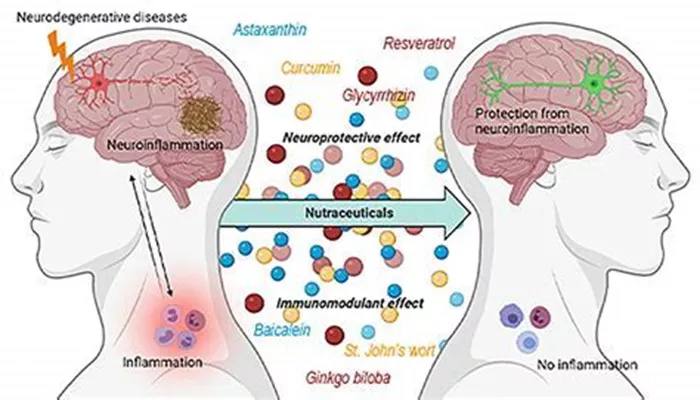Scientists have uncovered a critical step in how brain diseases like Alzheimer’s and Parkinson’s develop. The key lies in proteins that shift from a liquid, free-moving state to solid clumps, damaging brain cells over time. This discovery could open new paths for treatments to slow or even stop these debilitating conditions.
In a healthy brain, proteins remain fluid, allowing them to function properly. But sometimes, these proteins misfold and stick together, forming rigid deposits. Over time, these clumps disrupt brain function, leading to memory loss, tremors, and cognitive decline. Researchers have now tracked exactly how this liquid-to-solid transition happens, offering clues on how to intervene.
Using high-tech imaging and lab experiments, scientists observed proteins changing structure in real time. They found that tiny errors in protein folding can trigger a chain reaction, turning them from harmless liquids into dangerous solids. This process is similar to how water freezes into ice, but in the brain, it happens gradually, worsening with age.
This research is especially important for women, who face higher risks of Alzheimer’s disease. Hormonal changes, particularly after menopause, may make women more vulnerable to protein buildup in the brain. Understanding this mechanism could lead to gender-specific treatments that protect brain health as women age.
The next step is developing drugs that prevent proteins from hardening or dissolve early clumps before they cause damage. Lifestyle factors like a balanced diet, regular exercise, and mental stimulation may also help keep brain proteins in a healthy, liquid state.
While more studies are needed, this breakthrough brings hope for future therapies. By targeting the root cause—the liquid-to-solid protein shift—scientists may one day stop these diseases before they take hold. For now, staying informed and proactive about brain health remains the best defense.
Related topics:
- Scientists Discover New Cancer Detection Method: Tracking How Cells Move Could Save Lives
- New Hope for Achondroplasia: Breakthrough Treatments Transforming Lives
- Clean Water and Sanitation Key to Stopping Cholera Outbreaks, Study Finds

